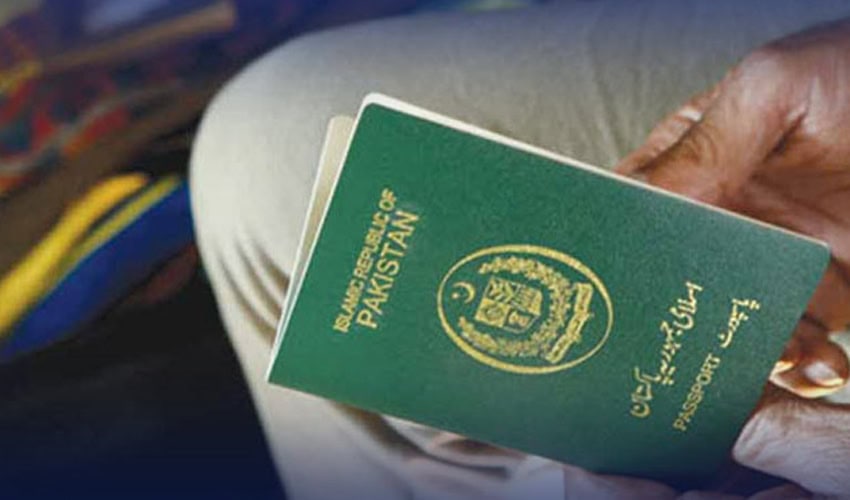In a groundbreaking initiative, the government has introduced a free passport scheme for 5,000 citizens in Chaman, a key area along the Pakistan-Afghanistan border. The program is designed to support impoverished individuals and laborers affected by the recently implemented one-document regime, which mandates valid travel documentation for cross-border movement.
Formal Launch of the Initiative
Quetta Commissioner Hamza Shafqaat officially inaugurated the scheme, FC Chaman Commandant Brigadier Shakeel Ahmed, and Deputy Commissioner Habib Ahmad Bangalzai. Tribal elders and traders attended the launch event, and they actively participated in distributing free passports to local residents.
Government’s Commitment to Accessibility
As part of this initiative, the government is covering the cost of passport fees for eligible citizens. Brigadier Shakeel Ahmed clarified the rationale behind the policy, stating, “The one-document regime applies equally to all borders of the country. While some people perceived it as increasing unemployment, the government remains committed to ensuring that no citizen is left behind. Those who cannot afford a passport will receive one for free.”
Additionally, the poorest recipients of free passports will also be issued free visas to facilitate their mobility. Brigadier Ahmed highlighted that Rs900 million has already been distributed among Chaman’s needy population through the Benazir Income Support Programme (BISP). Plans are also underway to activate the Chaman Master Plan, which promises new employment opportunities in the region.
Addressing Border Challenges
The Chaman border, a vital international crossing point, has faced unique challenges stemming from its proximity to Afghanistan. The introduction of the one-document regime has significantly increased the demand for passports, underscoring the importance of this government initiative.
Despite the scheme’s benefits, local residents have called on the government to focus on creating sustainable employment opportunities within the border area. This, they argue, would help reduce reliance on cross-border travel for work and bolster the local economy.
By addressing immediate needs through free passports and envisioning long-term solutions like the Chaman Master Plan, the government seeks to balance security and socioeconomic development in this critical region.














